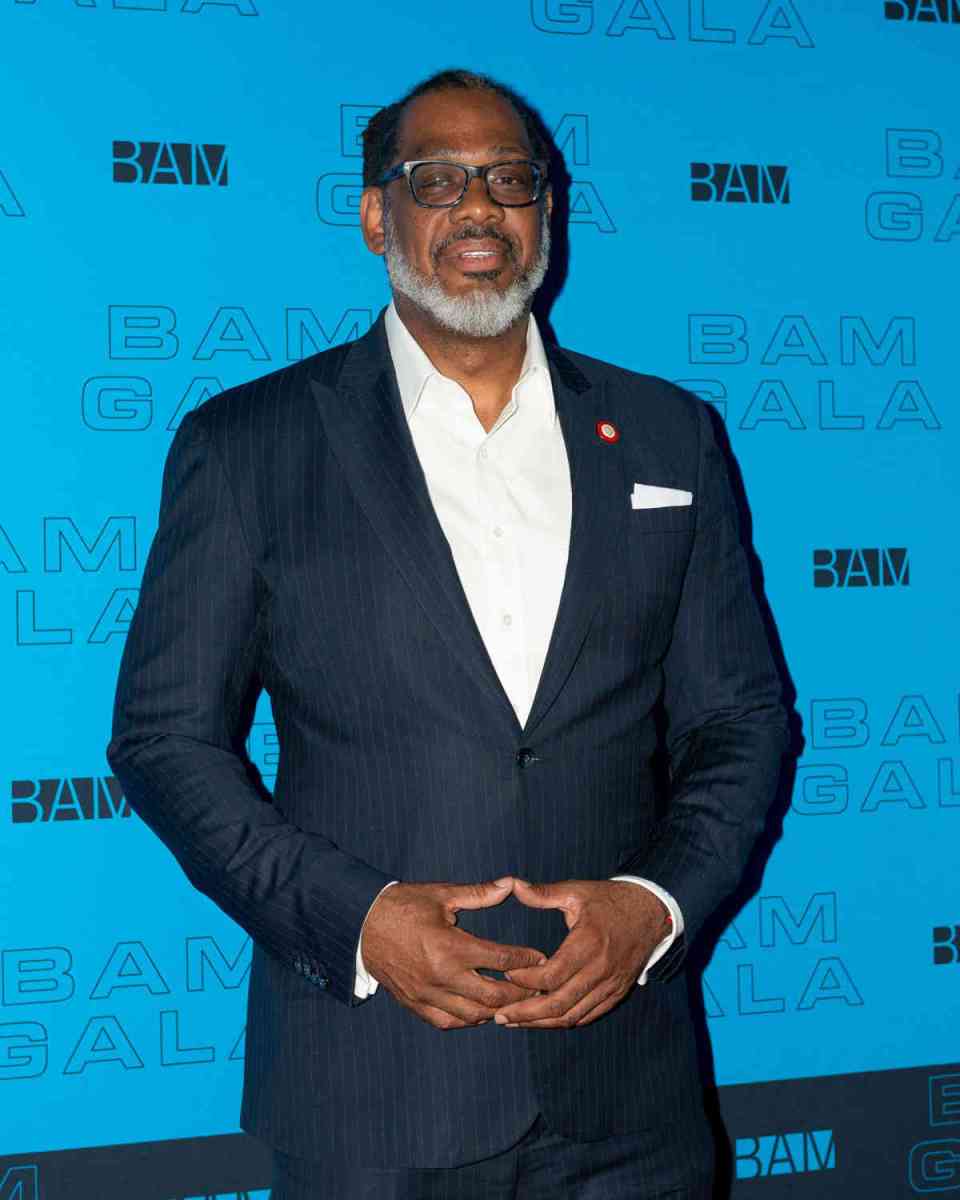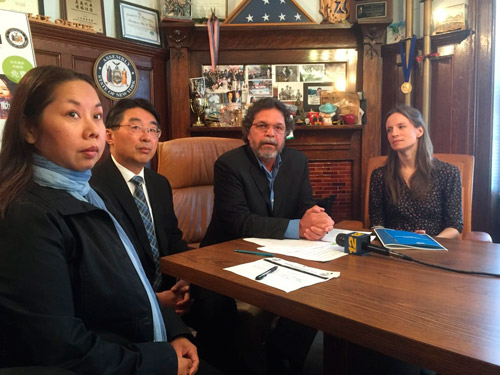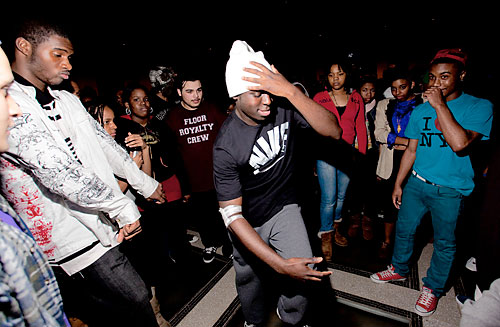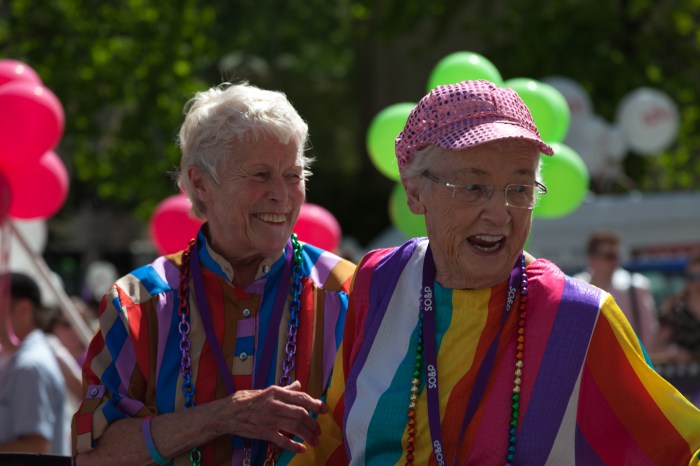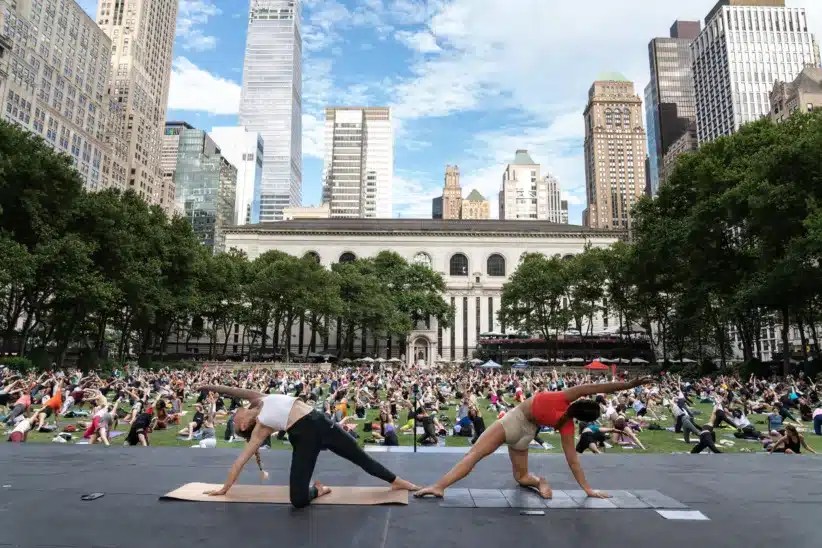He gets an “F” for participation.
An annual participatory budgeting process organized by Bedford-Stuyvesant Councilman Robert Cornegy Jr. has the lowest voter turnout of any district in the borough, with just one percent of voters deciding the fate of millions of dollars in public spending, according to data analyzed by the Brooklyn Paper.
Each year, the majority of Kings County Council members set aside a portion of their discretionary funds to be spent through the city’s so-called participatory budgeting process, which allows constituents to vote on how to spend their hard-earned tax money over a several-week-long period each fall.
Projects may include the renovation of parks and public spaces, new classrooms and school upgrades, and improvements to road and transit infrastructure, with nominations selected by a group of volunteer delegates and advertised largely by the individual council members and their staff.
For the past four years, however, Cornegy — who was named the world’s tallest elected official by Guinness last year — has only been able to scrape together a measly 6,951 votes for more than $4 million worth of Council funding, with an average annual voter turnout of only 1,738 people in a district of roughly 150,000 Brooklynites, according to the most recent census data available through the city, which dates back to 2010.
Last year, only 1,562 people voted on allocations totaling $1.2 million, with projects including renovations to the gymnasium at PS 3, and upgrades to Troy Avenue’s Harmony Park and the Tompkins Houses Community Center
Turnout for Cornegy’s participatory budgeting process stands in stark contrast to those organized by Sunset Park Councilman Carlos Menchaca, who topped the charts with a total 32,441 voters participating over a period of four years, and an average annual 8,110 civic enthusiasts taking part since 2016.
Menchaca credited the roughly $2 million he makes available annually for the democratic budgeting process — significantly more than other Brooklyn council members set aside — for the comparatively high turnout in his district.
The Sunset Park councilman also attributed the high turnout to his district’s large foreign-born population, claiming immigrants and first-generation Brooklynites often take a greater interest in local government than their more settled counterparts.
“The energy around [participatory budgeting] is rooted in an immigrant, youth energy,” said Menchaca. “When you think about people who are franchised in the political world, that’s not always the case here.”
Still, Menchaca’s relatively large turnout remains small when compared to the roughly 160,000 people residing in the 38th Council District, with only about five percent of residents turning out for votes that have decided more than $8.5 million worth of spending since 2016 alone.
Last year, Menchaca was outdone by Bushwick Councilman Anthony Reynoso, who gathered 8,349 votes, and Park Slope Councilman Brad Lander, who attracted 7,689 voters to his participatory budgeting process, as opposed to the Sunset Park councilman’s 6,399. Those figures amount to roughly six, five, and four percent of their districts’ total population respectively.
On the other end of the spectrum, Bay Ridge Councilman Justin Brannan and Brownsville Councilwoman Alicka Ampry-Samuel edged out Cornegy — who had the absolute worst voter turnout — with 1654 and 1853 voters last year respectively. Those numbers all factor out to around one percent of their districts’ total population.
One government watchdog questioned the effectiveness of participatory budgeting, claiming that the novel approach to spending rarely reflects the will of the people, but rather a small group of dedicated civic gurus.
“It’s often people who are really engaged and in the know,” said Maria Doulis, Vice President of the Citizens Budget Committee. “Are they representative of the broader community?”
Cornegy declined to comment.


